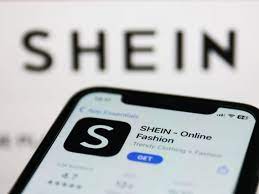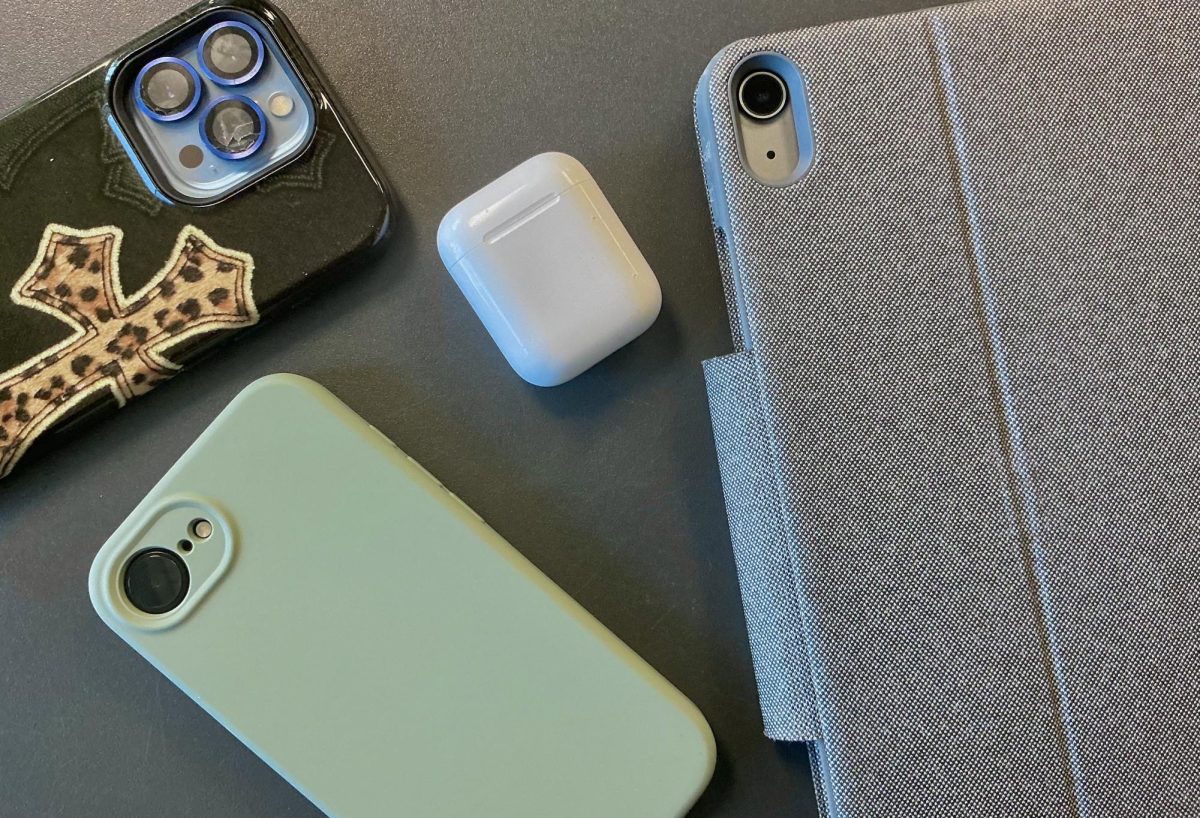The world of fast fashion has taken over the fashion industry with brands like SHEIN, temu, Fashion Nova, and Forever 21 becoming increasingly popular over the last four years. When you open the website (or even go in store) to one of these brands, you are greeted by bright colors and tons of “exclusive” or “limited time only” deals. But hey, a deals a deal, right?
We tend to look past anything we have heard about these fast fashion brands. Things like “SHEIN accused of child labor” or “fast fashion brands have 18 hour shifts for workers” pop up on our news feeds, but we quickly scroll past these accusations. In our minds, a deal for trendy clothing is worth whatever is going on behind the scenes of the brand.
Let’s zoom in on SHEIN, the biggest fast fashion retailer and the second-biggest online apparel retailer (statists.com). The company sells clothing that is cheaply and rapidly produced, then sold at incredibly low prices. SHEIN gave fast fashion a whole new meaning by using AI technology to identify trends. “Although the quality isn’t amazing, I’m willing to save money in order to buy the clothes I want,” is a sentiment, unfortunately shared by many.
Customers are willing to risk the quality and lifespan of their clothing in order to purchase what is trending for the lowest price available, myself included. SHEIN even goes as far as copying exact designs from small businesses and selling them as their own on their website.
Cassey Ho, the CEO and Lead Designer behind the brand POPFLEX fell victim to this.
“I wish I could say ‘I can’t believe it!!!’, but actually, I can. I’ve seen numerous videos and articles written about Shein straight up robbing independent designer’s designs. Yes, I am angry that Shein stole my design (numb, actually), but I am 100 billion times angrier that a business that runs on robbery is being supported and rewarded like this. What confuses me is that Gen Z, the generation that comes off as very ethically conscious, sustainability-focused, and authenticity oriented, is also the group that is fueling this monster’s rise. SHEIN stole my Pirouette Skort design!!! In that moment my heart paused. I didn’t know how to feel,” she said.
Their are a surplus of issues with SHEIN and with fast fashion in general, but there is one specific issue that rises above the rest. SHEIN has been accused of overworking their employees and participating in forced labor.
According to a report at cnbc.com, “Bipartisan lawmakers are urging the nation’s top markets regulator to require Chinese fast-fashion giant Shein to disclose potential forced labor practices. The fast-fashion company has come under fire for accusations of mistreatment of Uyghurs, a marginalized group in China, and for allegedly falsifying reports of forced or underpaid labor of its supplier factories.”
The cost of buying items from SHEIN may not be affecting us, but knowing it is effecting the company’s employers in a negative and harmful way are enough reasons to stop buying from the brand.
In the end, there is nothing wrong with fast fashion. The problems stem from specific companies and they’re willfully ignoring ethical labor practices. Trying to save money while buying trendy clothes can be accomplished as long as the company’s manufacturing these items treat their workforce humanely.
Brands like H&M, Patagonia, Reformation and Madewell have a few key factors that contribute to sustainability. Some of these include using sustainable materials, producing minimal waste, and ethical manufacturing practices. Many sustainable clothing brands also work to reduce their carbon footprint and promote sustainability education (nori.co).









